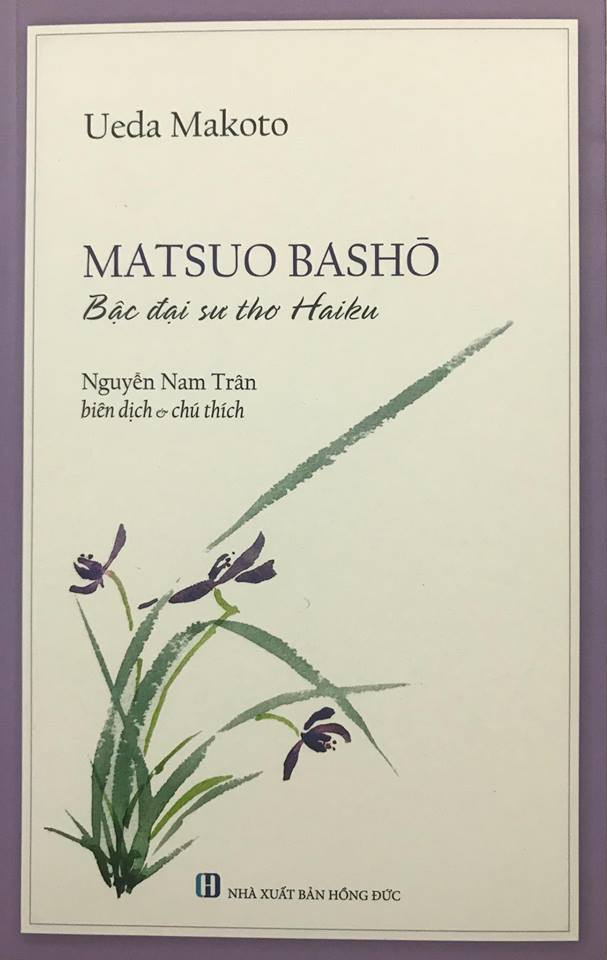What do you think?
Rate this book


374 pages, Paperback
First published January 1, 1982
Another year is gone—If you are going on a trip, there is probably no better reading than Basho's The Narrow Road to the Deep North, about a 1500-mile circuit of the main Japanese island of Honshu.
A travel hat on my head,
Straw sandals on my feet.